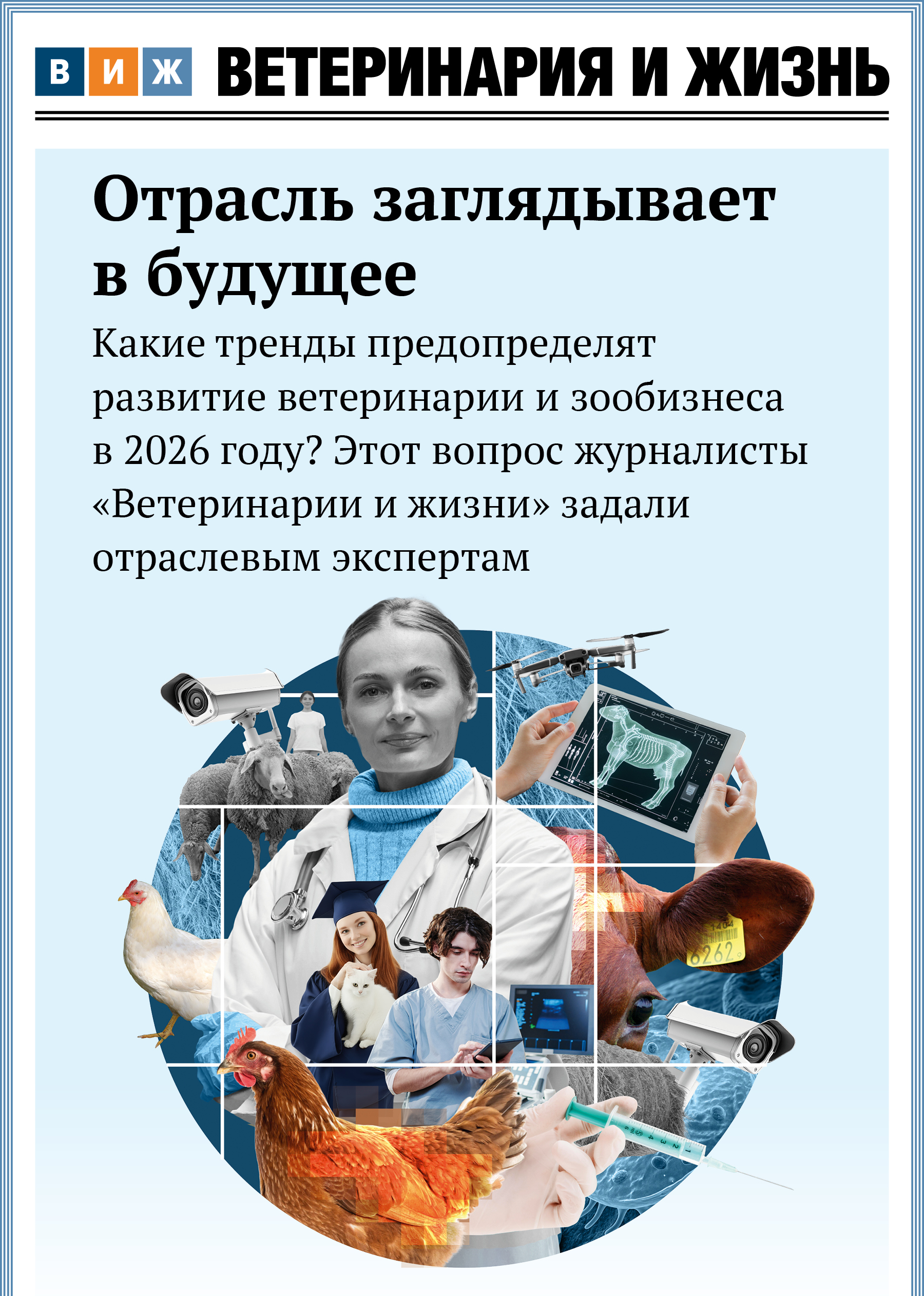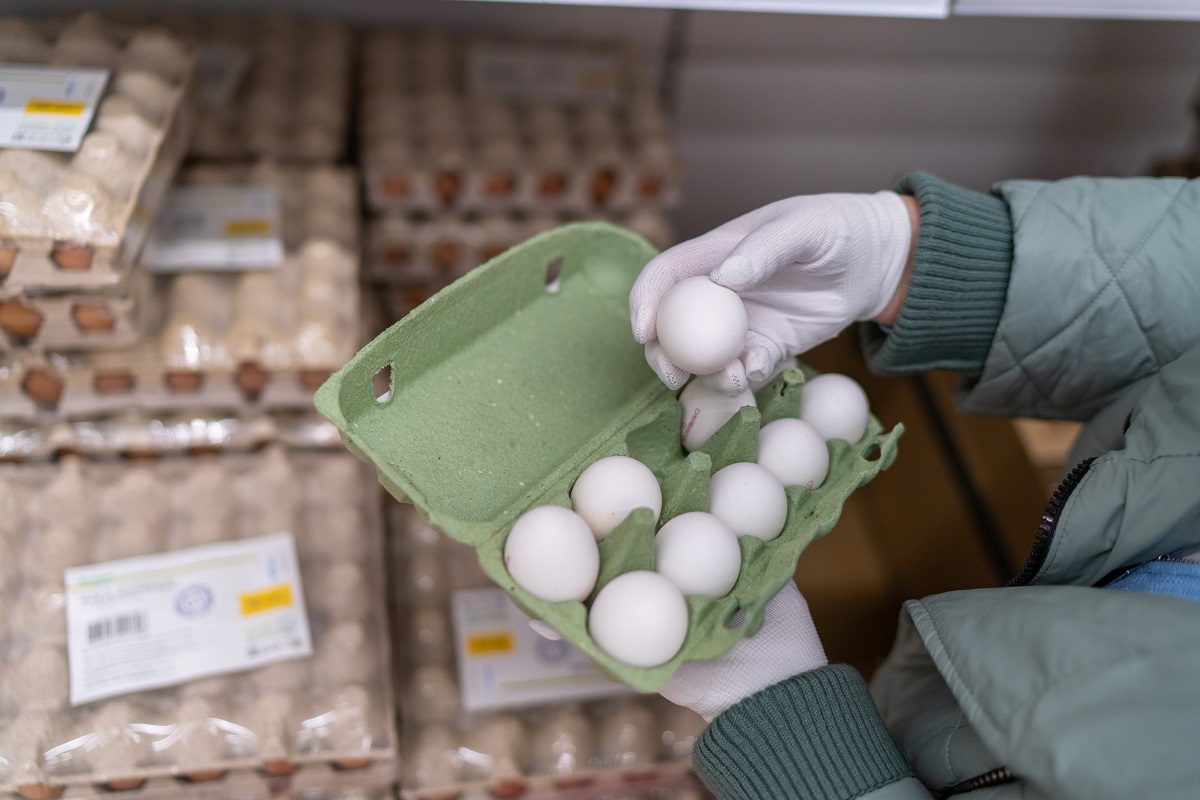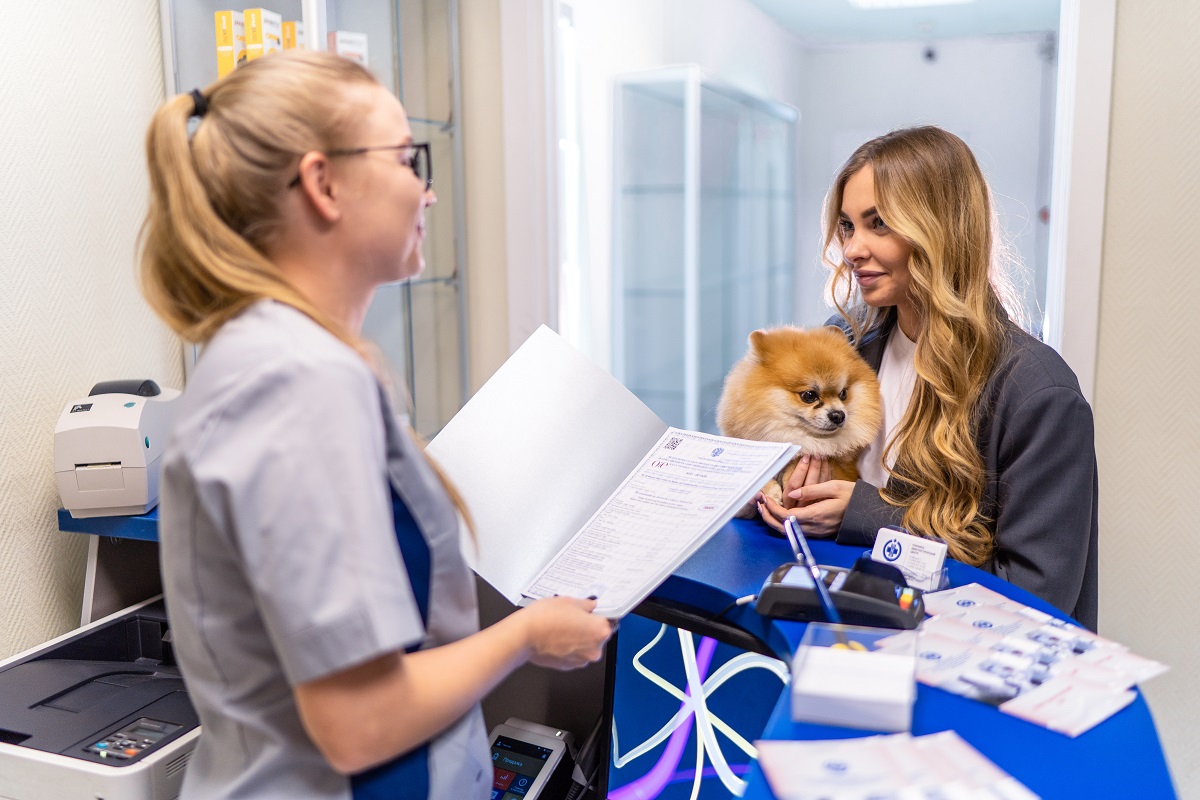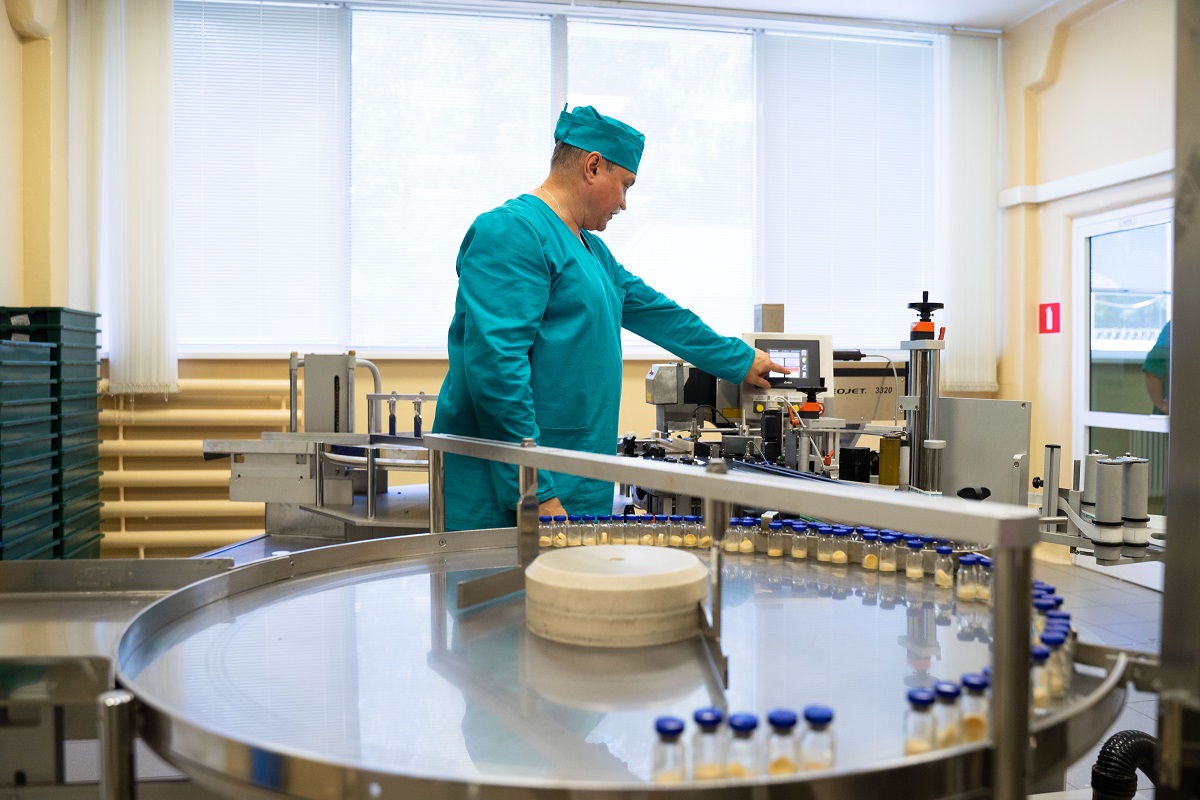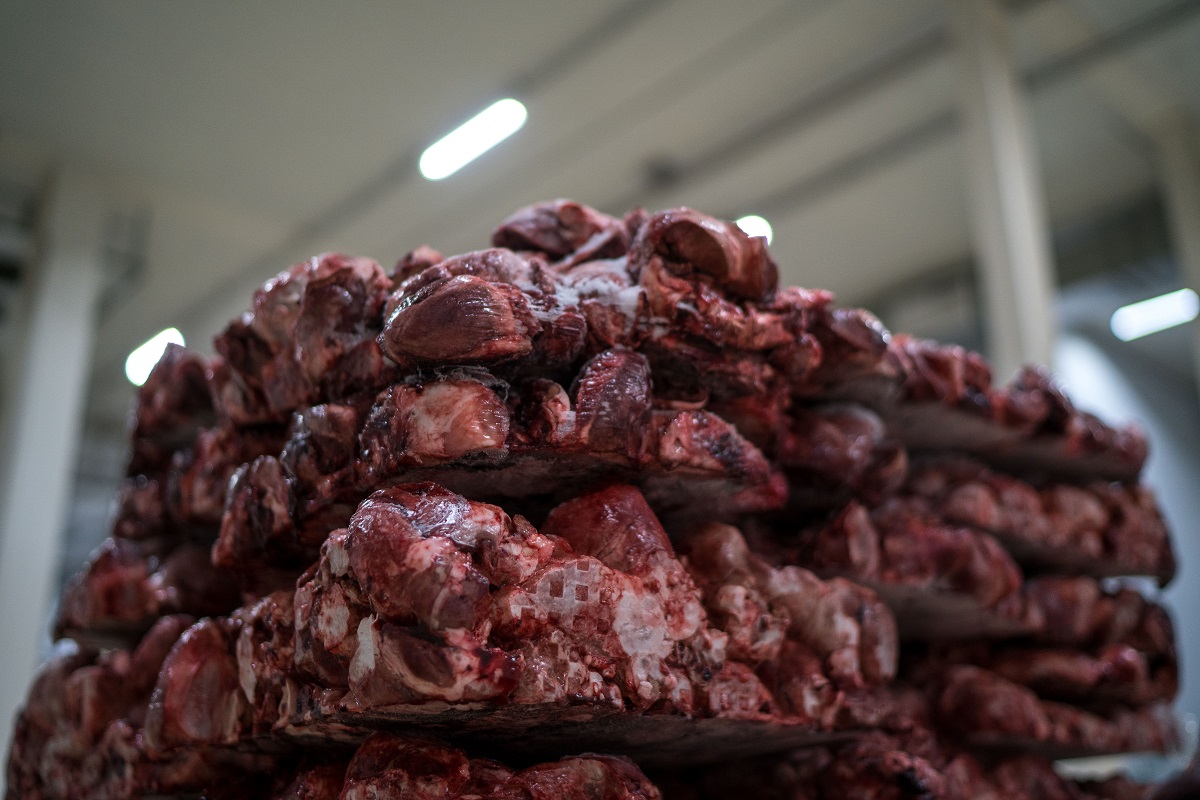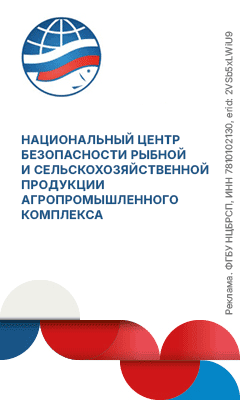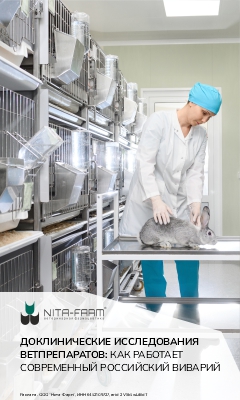The new rules were approved in accordance with the order of the Ministry of Agriculture of Russia under №794. The instrument was published in the legal information section on the ministry’s website.
According to the new rules, the following products are subject to the veterinary-sanitary examination:
– Commercially produced eggs and egg products intended for processing and sale;
– Non-commercially produced eggs intended for sale at retail level. This relates to eggs produced by private households intended for sale.
If eggs are intended for private domestic use, they do not need to comply with the veterinary-sanitary examination requirements.
It must be noted that the previous rules on veterinary-sanitary examination of eggs were adopted in 1981 году. Russian Poultry Union (Rosptitsesoyuz) reported to the Veterinary Medicine and Life that the previous inspection rules have become outdated and do not meet modern requirements.
For instance, under the old rules "high-quality eggs from chicken, turkey, guinea fowl, quail, duck and geese are used for human consumption". Professor Vladimir Fisinin, President of the Russian Poultry Union explained to the Veterinary Medicine and Life that at present Russians do not consume turkey and goose eggs. In Russia, people eat hen eggs and quail eggs.
Current requirements for the examination of eggs have been incorporated in the new rules. Thus, under the new rules, the product must be accompanied by supporting veterinary documentation.
Another key aspect is that the specialists of the National Veterinary Service must analyze the information on use of veterinary drugs and test how fast the drug residues can be removed from the body of commercial poultry. Products must be tested for presence of microorganisms including salmonella at least once a month. At the same time, products must be evaluated for the presence of toxic substances, pesticides and antibiotics.
In addition, each batch of eggs must be checked for the following characteristics:
• eggshell quality;
• off-odor;
• egg white density and color;
• condition and position of the yolk;
• condition of the air-chamber and its height.
Egg products are examined for exterior qualities and consistency, off-odor, color of egg melange, yolk and white.
Egg samples will be selected for assessment by the staff of the National Veterinary Service. Duration of examination should not exceed three hours from the moment the applicant applied, with the exception of a number of cases, which are specified in the document.
The new veterinary-sanitary inspection rules will be valid for six years through March 1, 2028.


